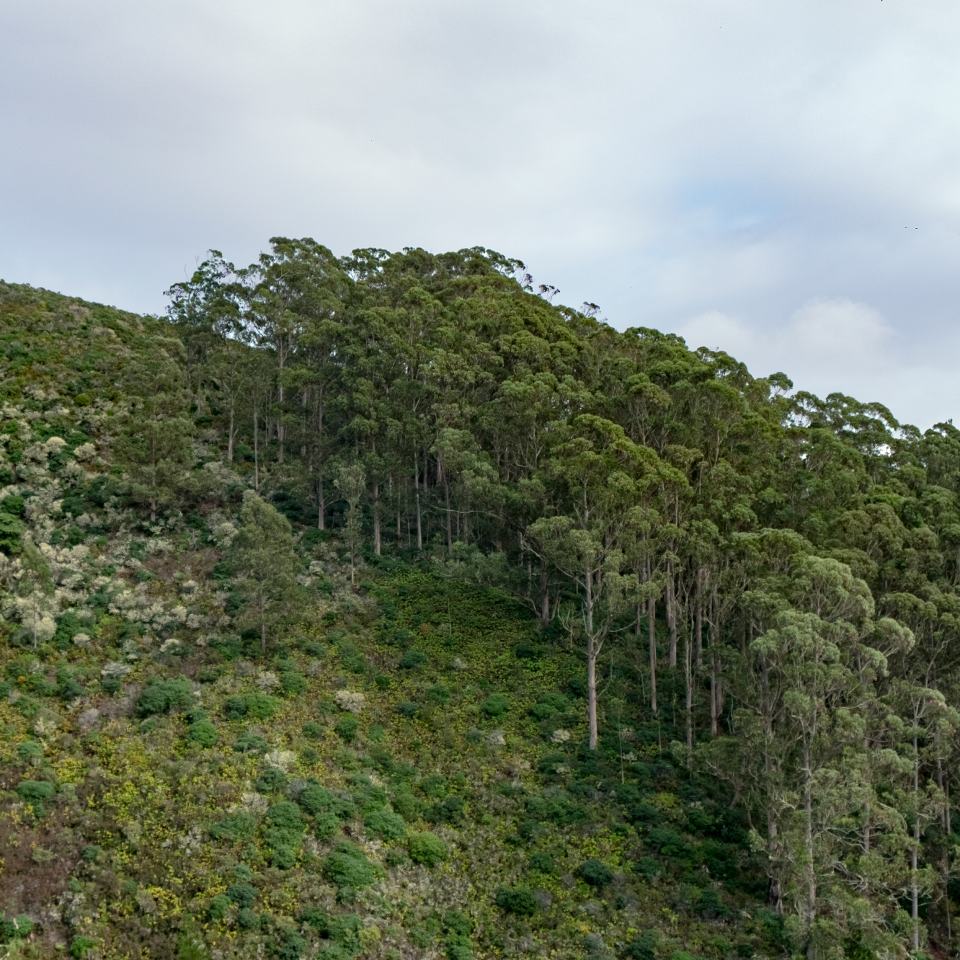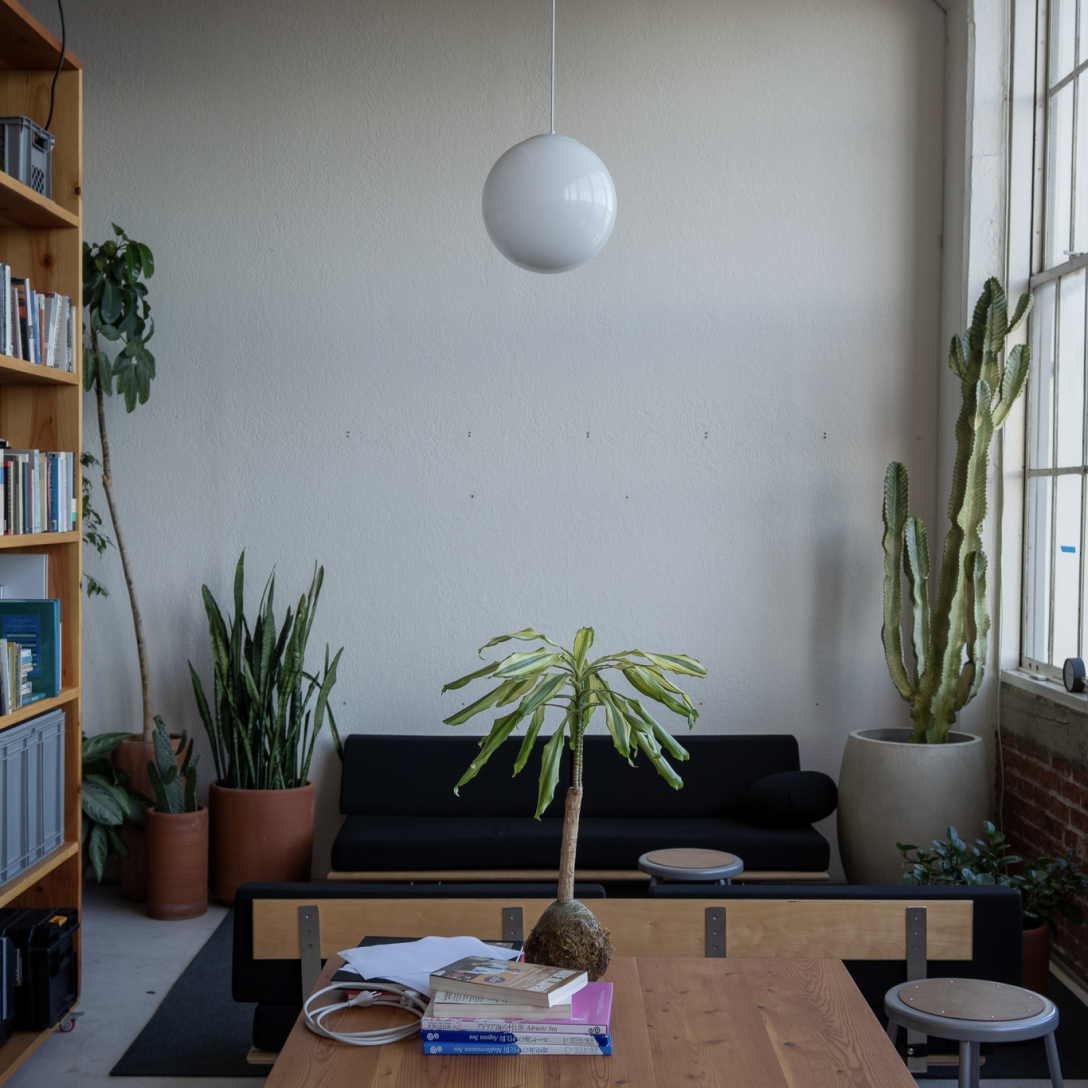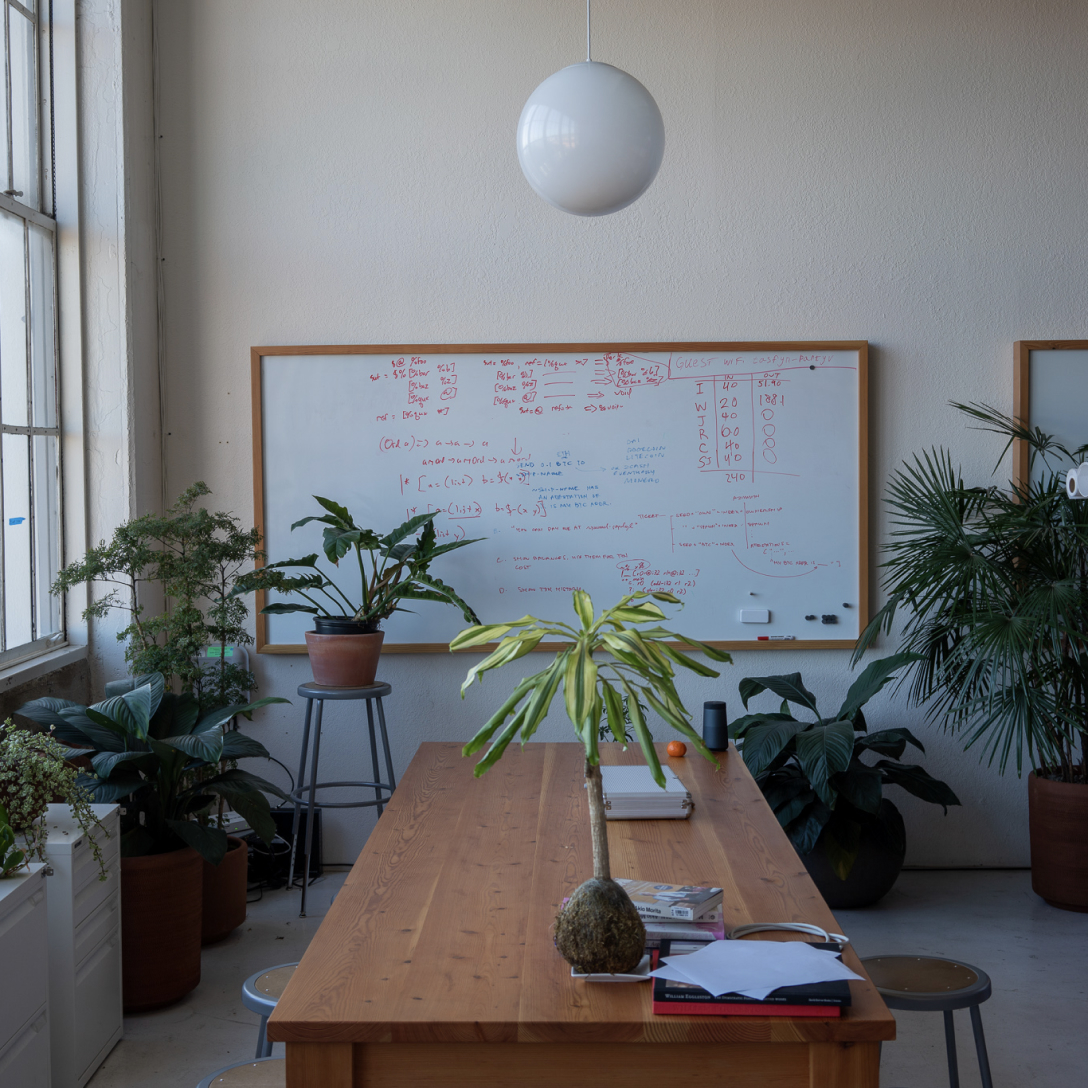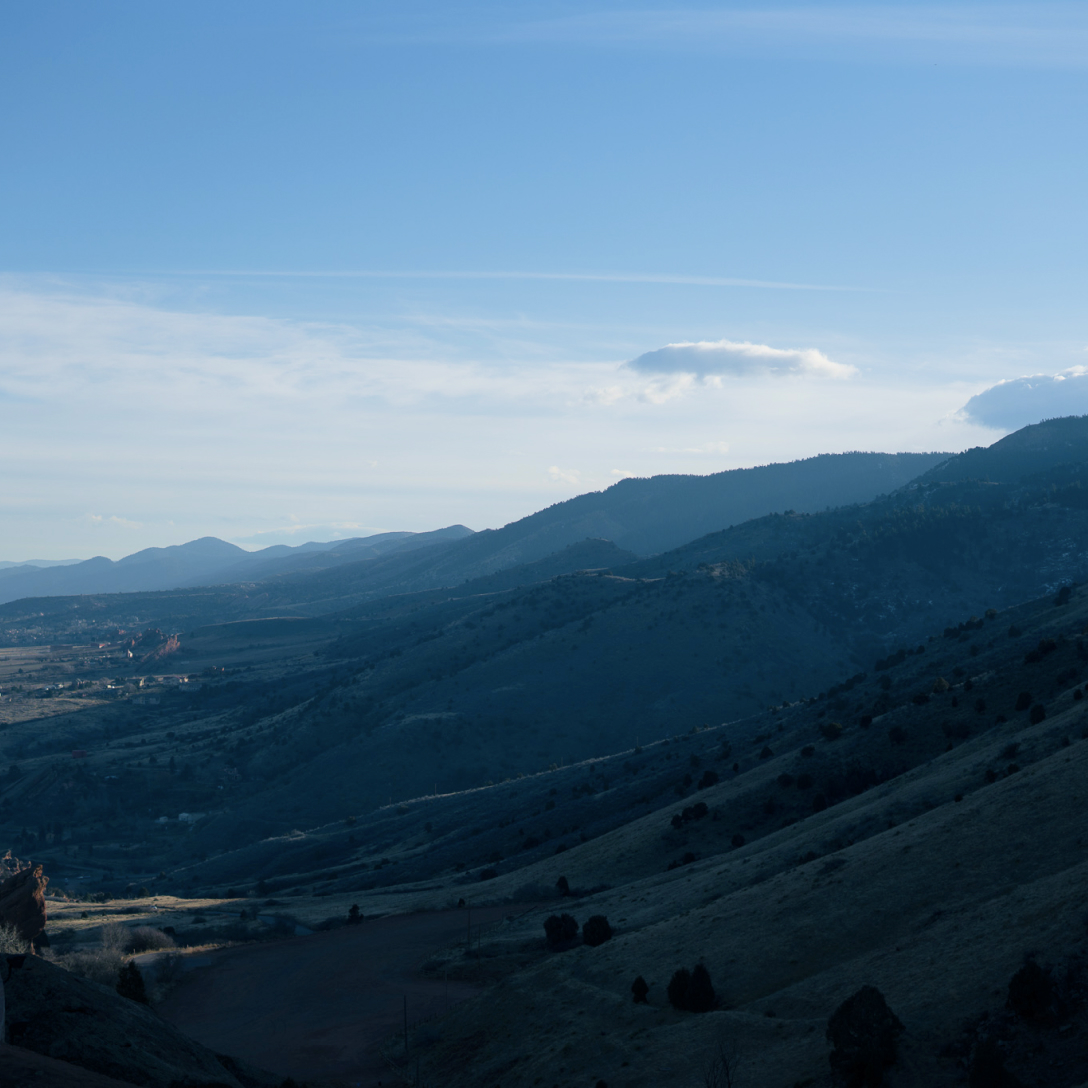So who builds this thing? Where does it come from? What’s the history?
Today, Urbit is built and maintained by two companies, a community of contributors and core developers, infrastructure (star) operators, and governance (galaxy) node owners.
Let’s talk first about these individual groups within the Urbit community, then about the history of the project and how it came to be.

There are currently two independent companies that work on building Urbit full-time: Tlon and urbit.live.
Tlon has been around since 2013 or so, and is primarily focussed on the development of Urbit OS and its user experience. Urbit.live was started in 2018 to make the onramp into Urbit as easy as possible. Both companies contribute regularly to the code base.
Tlon was originally granted about half of the Urbit ID address space, and has used that to fund its operations so far. Over time, Tlon plans to offer hosting and services to make using Urbit as easy as possible.
Tlon is also working to set up an urbit.org foundation. This is still in process, and is expected to happen in 2020.
Urbit.live started selling Urbit IDs very early once that became possible, and also plans to offer services within the Urbit ecosystem.
The community of contributors and core developers has been steadily contributing to the code base since before Tlon existed, and they’re still going strong. They can primarily be found on Urbit itself, in the Urbit Community (~bitbet-bolbel/urbit-community), the urbit-dev mailing list and on GitHub.
When the Urbit ID address space went on-chain in early 2019 there were about 2,000 star holders and 70 galaxy holders – that number has since grown steadily. For the most part, the best way to connect with them is through Urbit itself.


Given how new and unusual Urbit is, it attracts a wide variety of interesting people — both technical and non-technical. The community is generally happy to talk to people about what Urbit is, what we’re up to, and where we’re going. The best way to get involved is to simply join the Urbit Community at ~bitbet-bolbel/urbit-community — which our setup instructions can help you do.
For those interested in contributing there are some simple instructions on GitHub, but we also run a grants program where we reward contributors with Urbit ID address space. Grants aren’t solely for pre-determined projects, either. If you have something you’d like to propose, we’d love to hear from you.

At the beginning, Urbit was just a few people with the right combination of imagination and discipline to try to rebuild computing.
2002
Urbit starts as an open-ended personal project. An “independent study PhD” to reinvent computing for a network-centric world.
2008
Nock, the foundation of Urbit, works. Coming in at 32 lines of code, that’s 1 line of code every two months.
2012
Hoon, Urbit’s programming language, compiles itself to Nock. Writing Hoon is much easier than writing Nock.
2013
Arvo, Urbit’s OS kernel, boots and the first live Urbit network is started with a command-line chat.
2014
Tlon is founded to help support Urbit development (and is < 8 people for the next four years).
2015
Urbit has its first web interface and serves its own website.
2016
The first sale of Urbit address space sells out in four hours.
2017
Our test network runs for ten months without a reboot.
Our private sale, shared only with our mailing list, sells out in six hours — limit two per person.
2018
Tlon sells about 8% of its stake in the network to accelerate Urbit development. urbit.live gets going and starts selling Urbit IDs to the public.
2019
Tlon spends the year stabilizing Arvo and building OS 1.

Building Urbit is about building a future where technology doesn’t control us. Instead, we look forward to a future where technology is simpler, more reliable and less invasive.
Keep in touch while we make build this vision into reality by joining our mailing list or following us on Twitter or GitHub.
If you’re somewhat technical and you’d like to help and contribute, install Urbit and consider applying for a grant.
If you’re interested in homesteading a community when OS 1 comes out, apply here.